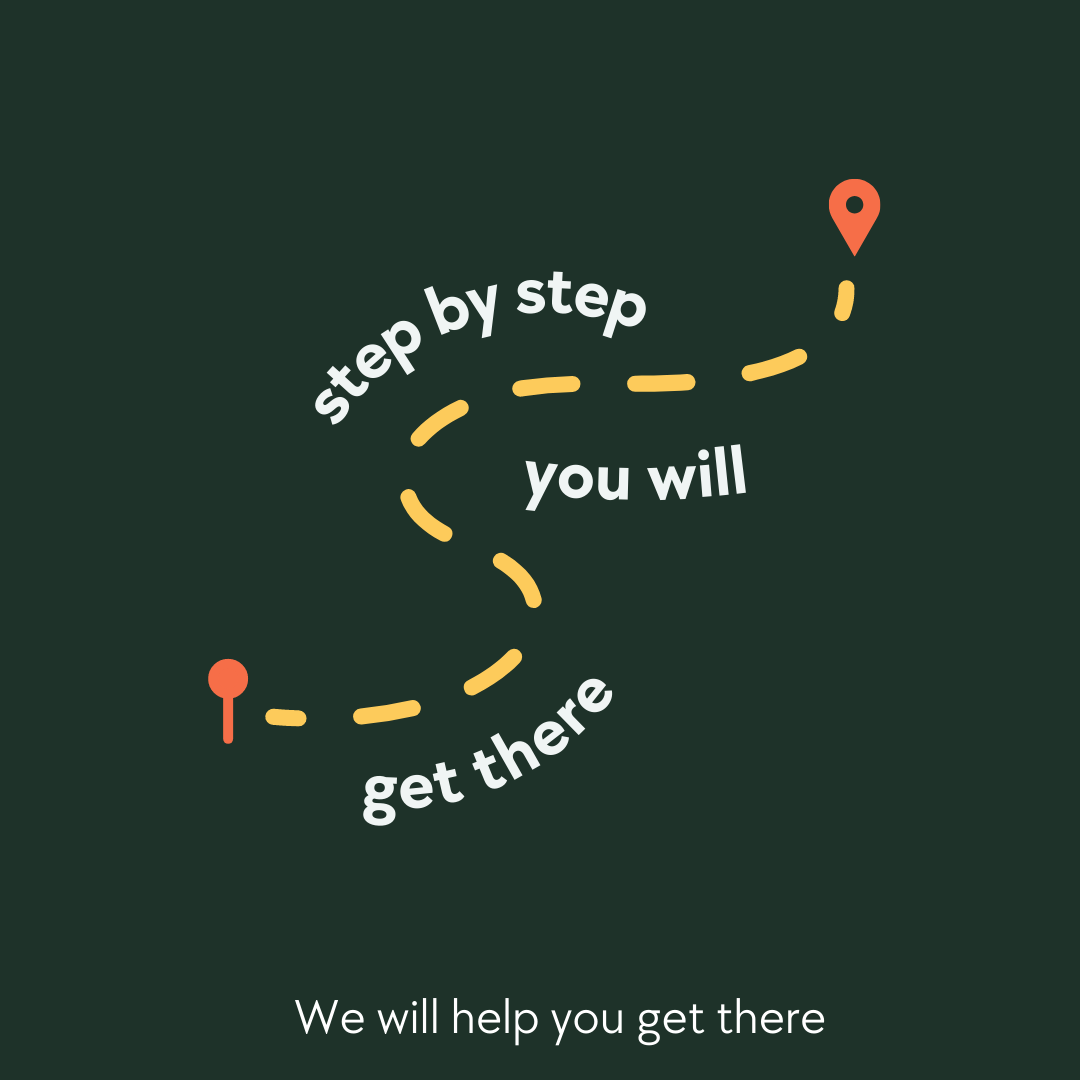Counseling For Teens In Greensboro, NC
I don’t come across many teens who willingly want to engage in counseling. Most teens are too busy trying to figure out who they are and just exactly how they can fit into social groups.
I love working with kids, tweens, and teens.
When parents call asking for counseling services on behalf of their teens, I do two things. First I praise them for being an awesome parent who is willing to search high and low for support and second, I encourage the parent to have their child contact me. If for some reason the teen is not able to contact me, I encourage the parent to allow the teen to check out my pictures and videos on my website.
I find it so important for teens to have a clear idea as to what they are about to walk into.
After researching and spending time with many of my memorable clients, I decided to create a list of recommendations for parents seeking counseling for their teens.
How to support your teenager prior to counseling?
- Before deciding on counseling services for your teen, include them in the conversation. Have a nice sit-down that is distraction-free. If possible, take your child out on a mini date to Starbucks. While you are on this date, approach your child in a sincere and genuine manner. Let them know what changes have been taking place that led you to seek counseling services. In addition, discuss how counseling services are going to focus on the changes requiring support.During this conversation, your child may be resistant. If so, encourage them to consider how after counseling many of the difficulties and problems taking place will be supported. This means that what is currently taking place will no longer be negatively impacting the family.
- Let your child know that they are part of the process. During this process, you can encourage your child to search for their top 3 counselors in the area that they would like to work with. Someone cool and friendly. Allocate a week or two to the search. Once the time ends, review the selection and have your child pick at random one of the counselors that they want to work with.
- Encourage your teen to write down personal goals and changes that they want to achieve. These changes should focus on what would make their life “better” or “less hectic”. During this process, I want to encourage you to set out time that is distraction-free. If needed, go to a park that allows you and your teen to work on the activity. You can support your teen, by writing down areas you want to improve on as a parent.For instance:“I would like to learn how to communicate with my son/daughter”.“I would like to learn the things that provoke my child”.
“I would like to strengthen our relationship”.
- Let your child know that counseling is not “just” for them. Counseling is for the family as a whole. Often kids do not like the idea of being isolated as the problem. You can do this by simply telling your teen that you would like to be a part of the counseling process if they are comfortable with it. If your child is not comfortable then you can work with the counselor to identify a structure as to how you can support your teen and work on individual improvements.
How to support your teenager during counseling?
- If two parents are present, make it a “choice” that you will both do your best to be present in the counseling process. Even if your child is the one seen by the counselor, it is imperative that both parents are involved. You can show your child that you are involved in the process by driving them to sessions, asking questions about the session, and asking if you can support in any way.
- Do not be afraid to question the counselor about the process of counseling. Common questions to ask:
- What should I (parent) be doing to support my child?
- Are there homework assignments or activities I can do with my child outside of sessions?
- Should I be aware of any communication obstacles?
- Are there readings that I should do to support my child during the counseling process?
- Should I come in for individual sessions at a different time than my child’s? Should I tell my child about these sessions?
- A diagnosis is important for the client as it supports the client in understanding symptoms, behaviors, and changes that are impacted by the diagnosis. Often, the subject of diagnosis is not one that the parent or the child will ask too many questions on. I want to encourage you to learn as much as you can about it in order to build a strong foundation as to how it may impact you.
- Common questions regarding diagnosis include:
- What is my diagnosis?
- What are common symptoms?
- What are common triggers?
- Parents should understand that confidentiality is not simply something in place for the protection of the client’s information. Confidentiality can support your child in knowing that they have a sacred and genuine relationship. When your child is able to feel that they can tell their counselor anything without fear of something bad happening, doors begin to open. Often, parents may feel uneasy with the idea. I want to encourage you to consider how important it would be for your child to have someone that they can confide in while the ultimate goal is in line with the goals that brought you and your teen into counseling.
How to support your teenager after counseling?
- Parents should have some sort of cheat sheet that is either written down or held by memory. The cheat sheet should have tools, recommendations and strategies learned in counseling that have provided positive support or are providing positive support. You can ask your counselor to lead you in the right direction.
- Prior to ending counseling, it is important for parents to have a full review that includes:
- The changes that took place.
- How the changes take place?
- Why the changes needed to be modified.
- Changes that the child and parent made.
BONUS:
Common signs that your teenager would benefit from counseling.
- Many teens seek friends or their significant other instead of their parents to express their emotions, and concerns and work through problems. This act is positive. That being said, it is also important to gauge the individuals that your teen is receiving support from. Often, your teen may feel afraid to bring their concerns to you due to, you their parent, wanting to “solve everything”. I want to encourage you to express to your teen that you notice they are not coming to you for support and that you would like to consider counseling as an option.
- Your teen may be acting out and simply not being their usual self. The best place to start is by evaluating how your teen behaved and communicated in the past 6 months versus now. Consider their style of communication, their involvement in extracurricular activities, and their need to be alone or always with people. Overall, any change is worth investing time to understand its dynamics.
- Your child may come to you about the idea of counseling. This is not an easy thing for your child to do and is often not easy for a parent to hear. As parents, you strive to support your child and solve their problems. During this process, I want to encourage you to invest time into understanding what your child wants and how you can support the process.
- At times your child may not be the one that opens up to you. It may be a call from a concerned teacher or sports coach. When you receive a comment from someone other than your child or someone outside of the family, I want to encourage you not to dismiss it. Yes, they are not the parent. Yes, they do not spend nearly as much time with your child as you do. That being said, it is important to gain an understanding of what they are noticing. You can do this by:
- Asking questions regarding the changes that they have noticed.
- Following up with your child and spouse regarding the comments.
- Observing your child more closely at home, school, and during extracurricular activities.
- Ask your child’s friends’ parents to keep an eye out for you.
I started this post by saying that “I don’t come across many teens who willingly want to engage in counseling”. I also want to say that it’s time for a change. Counseling should equal a hands-down awesome experience. Counseling should be the place that people and in this case, teens can go to for whatever support they are seeking and come out ready to rock life!




